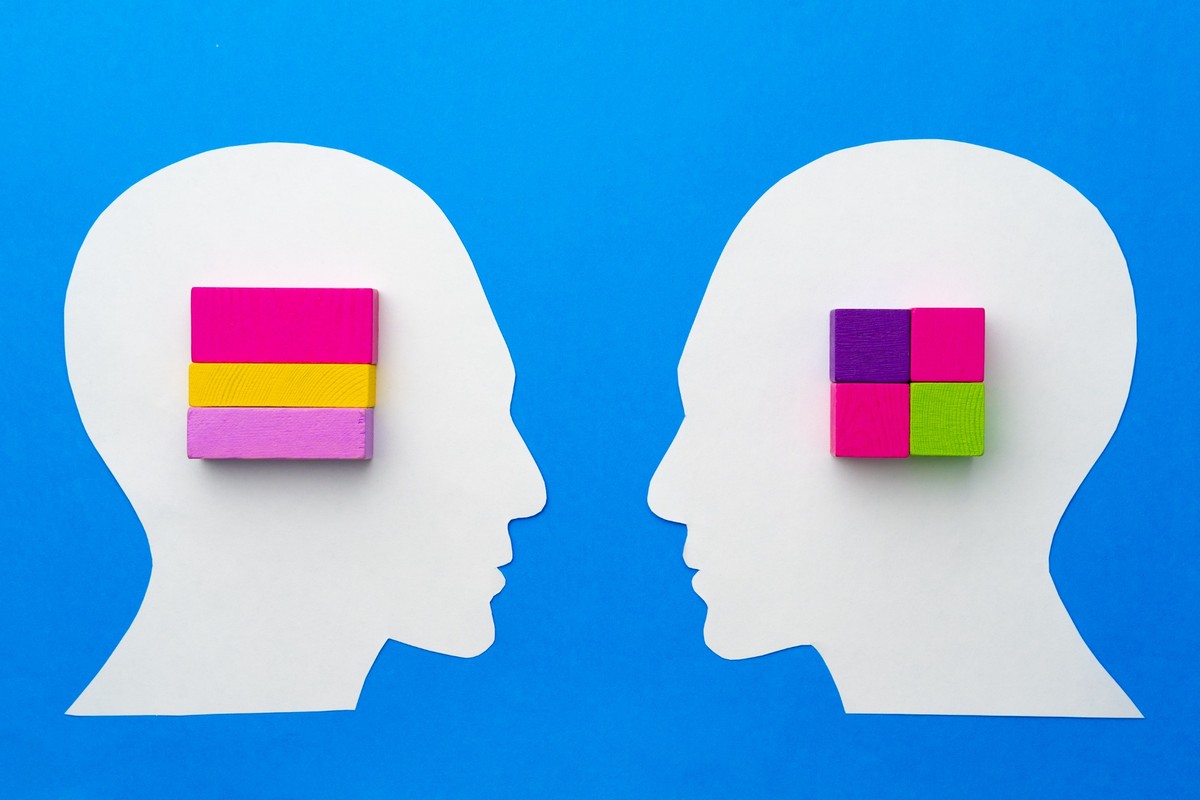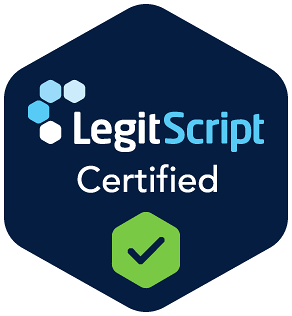.jpg)
Cognitive Behavioral Therapy (CBT): Building Practical Skills for Everyday Recovery
Recovery isn’t just about stopping harmful behaviors—it’s about creating lasting change in the way we think, feel, and act. That’s where Cognitive Behavioral Therapy (CBT) comes in. As one of the most widely used evidence-based approaches, CBT helps individuals develop the practical skills they need to manage life’s challenges and build long-term recovery from both mental health and substance use disorders.
What Is CBT?
CBT is a form of therapy that focuses on the connection between thoughts, feelings, and behaviors. The core idea is simple: negative thought patterns can fuel destructive actions, while healthier thinking can support positive change.
In treatment, clients learn how to:
- Identify negative or unhelpful thoughts
- Challenge distorted thinking patterns
- Replace them with healthier, more realistic thoughts
- Practice new behaviors that reinforce recovery
This structured approach makes CBT both practical and effective in everyday life.
Why CBT Is Effective in Recovery
Many people entering treatment struggle with cycles of negative self-talk, shame, or hopelessness. CBT breaks these cycles by teaching skills that can be applied outside of therapy. Some key benefits include:
- Improved coping strategies – Clients learn healthier ways to handle stress and triggers.
- Reduced risk of relapse – By addressing thought patterns that fuel cravings, CBT helps prevent setbacks.
- Increased self-awareness – Clients recognize how their thoughts influence their emotions and actions.
- Empowerment – CBT equips individuals with tools they can continue to use long after treatment ends.
CBT in Addiction and Mental Health Treatment
At Spark Wellness, CBT is a cornerstone of care across both PHP and IOP programs. It’s often used to treat conditions such as:
- Depression and anxiety
- Substance use disorders
- Trauma-related conditions
- Co-occurring mental health concerns
CBT sessions may take place individually or in groups, with exercises that encourage real-world practice of new skills.
Practical Skills That Support Everyday Recovery
The beauty of CBT is that it gives clients strategies they can use daily. Examples include:
- Journaling to track negative thoughts and challenge them
- Using relaxation techniques to reduce anxiety
- Creating action plans for high-risk situations
- Practicing problem-solving skills for stressful life events
These tools provide a foundation for resilience, making recovery sustainable over the long term.
Building a Healthier Future
Recovery isn’t just about surviving—it’s about learning how to thrive. CBT empowers individuals to take control of their thoughts and actions, creating a pathway to a more stable, confident, and fulfilling life. For many clients, it becomes the bridge between treatment and lasting wellness.
Recovery articles for you

Anxiety vs Depression: How to Tell the Difference and Why It Matters for Treatment

When Weekly Therapy Isn’t Enough: Signs You May Need a Higher Level of Mental Health Care



